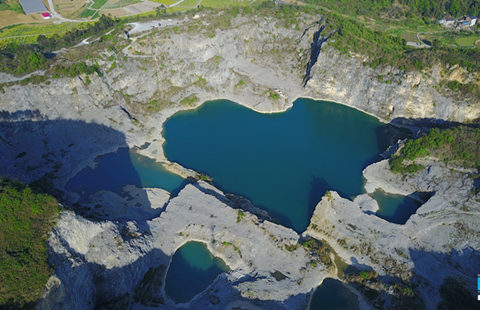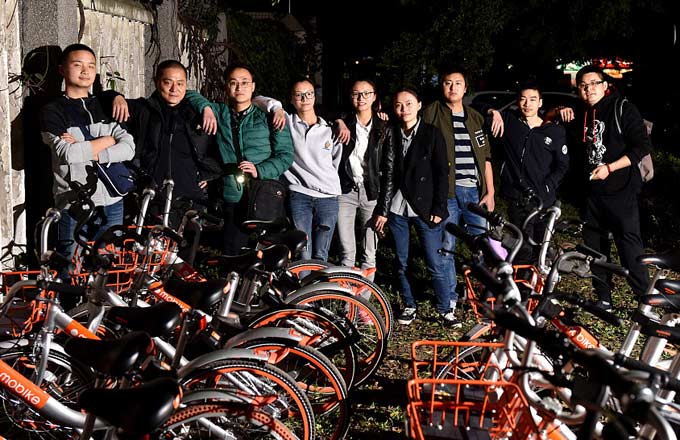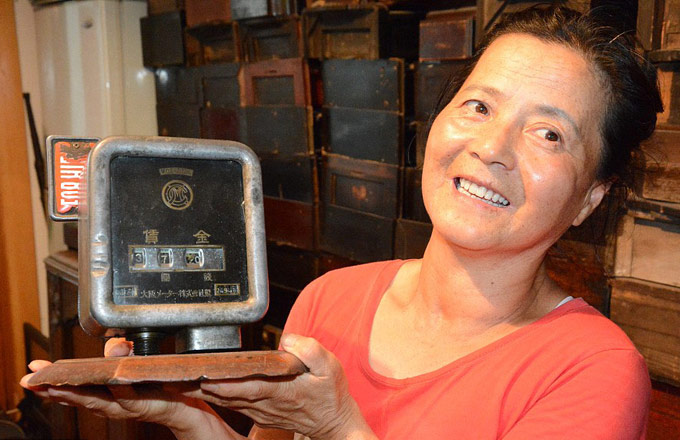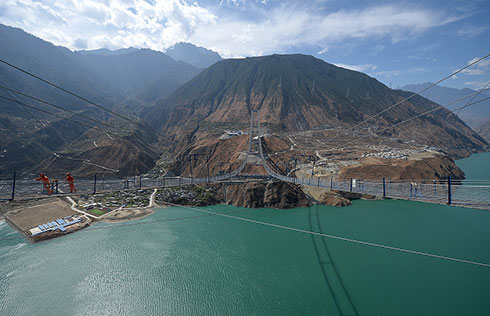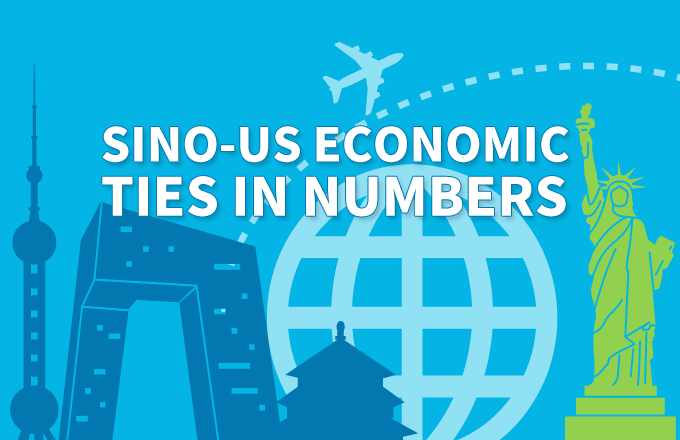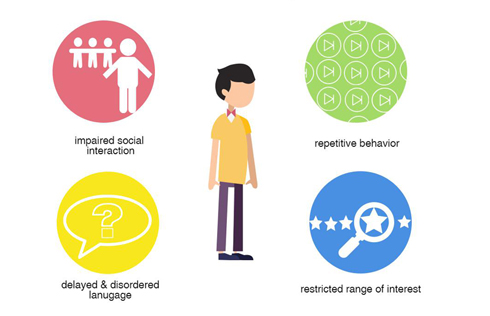China's Belt and Road Initiative promotes connectivity, development along ancient route
21ST CENTURY MARITIME SILK ROAD CONNECTS ROADS AND PORTS
In October 2016, the contract for the second phase of the China-Laos railway project was signed in Lao capital of Vientiane.
Kicked off in late 2015, the construction of the project is expected to be completed in five years. Upon completion of the railway, a trip from Vientiane to the Chinese border will take only four hours, turning Laos from a landlocked country into a land-linked nation.
On Jan. 21, 2016, at the ground-breaking ceremony of the Jakarta-Bandung high-speed railway, Indonesian President Joko Widodo launched the country's first ever high-speed railway project in Walini, West Java Province.
With a maximum design speed of 350 km per hour, the travel time between Jakarta and Bandung will be cut from over three hours to less than one hour once the project is finished.
The Belt and Road Initiative provides opportunities not only for a new round of China's opening-up, but also for the growth of world economy.
On Aug. 10, 2016, Chinese shipping giant COSCO acquired 67 percent stake of Piraeus Port Authority through the Athens Stock Exchange, officially becoming the controlling shareholder of the Greek port.
Piraeus is expected to operate as a hub in Europe for the 21st Century Maritime Silk Road, and to connect the Silk Road Economic Belt with the China-Europe Land-Sea Express Line.
According to Chinese ambassador to Greece Zou Xiaoli, Piraeus was not merely an economic project, but also a bridge to connect the peoples of Greece and China.
In Africa, the Chinese-built Ethiopia-Djibouti railway has officially opened service, marking a milestone in cooperation between China, Ethiopia and Djibouti.
In Cambodia, the Sihanoukville Special Economic Zone has attracted hundreds of enterprises, providing a model of China-Cambodia cooperation under the Belt and Road Initiative.
In Myanmar, a consortium of six foreign companies led by China's CITIC has won two bids to build an industrial park and a deep-sea port in the Kyaukpyu Special Economic Zone in Rakhine State, which will improve the country's infrastructure, local people's employment and livelihood.
In Sri Lanka, the green light has been given to the delayed Colombo Port City. Through the Maritime Silk Road, China will support the country in becoming a shipping, logistics and even financial hub in the Indian Ocean.
- Construction starts on world's highest power transmission project in Tibet
- Henan province school invests one million yuan into building on-site zoo
- Shenzhen regulates bike sharing service
- Former vice Jiangsu governor expelled from CPC, public office
- Xu Qin appointed acting governor of Hebei




